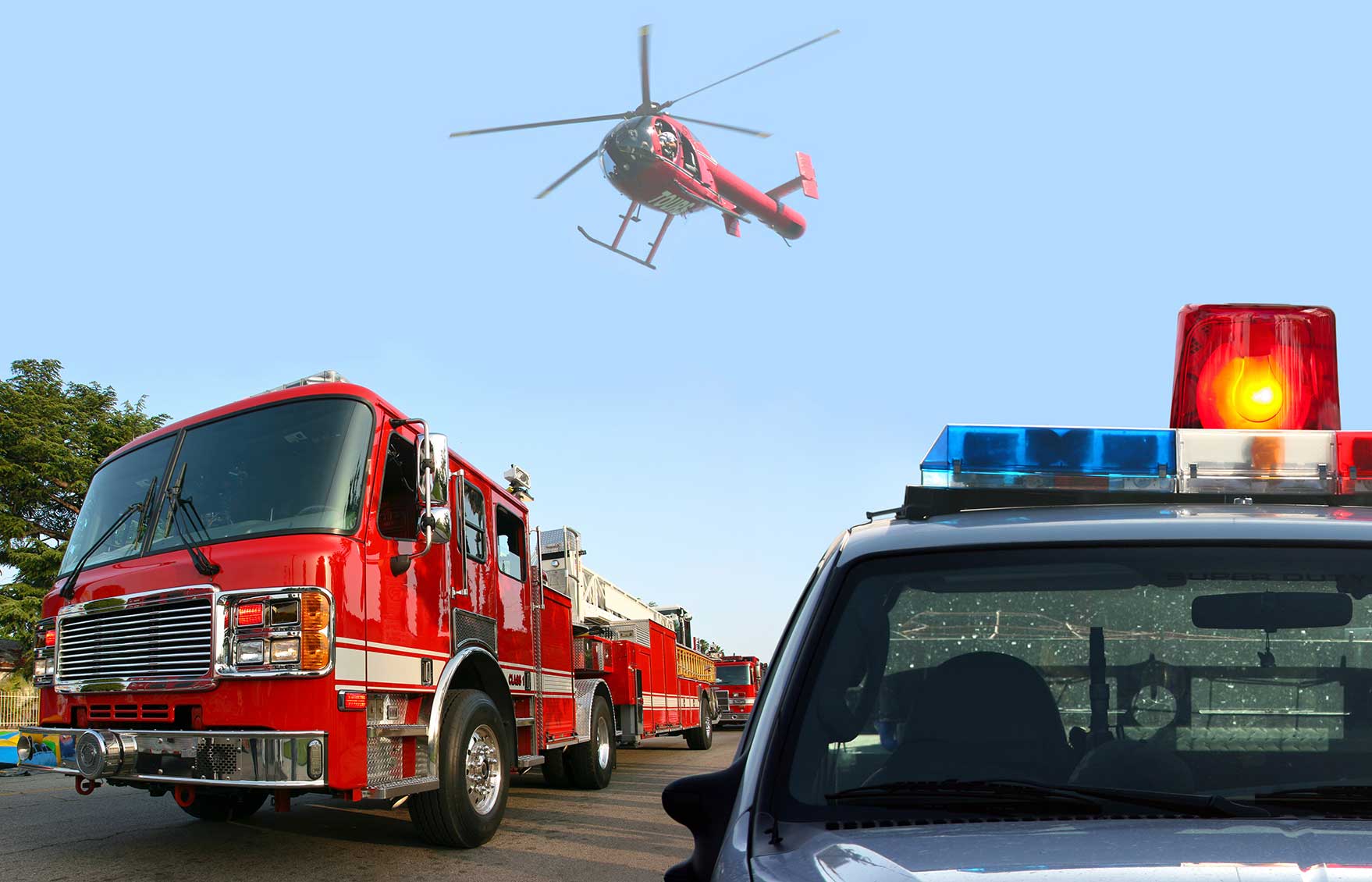Background
On 2-4 October 2018, the French Alternative Energies and Atomic Energy Commission (CEA) and the World Institute for Nuclear Security (WINS) successfully conducted an International Best Practice Workshop on the role of the security department during a nuclear safety accident.
Objectives
The primary objective of this workshop was to discuss the role and responsibilities of the Security Department in preparing for nuclear safety incidents, large industrial accidents, natural catastrophes and other situations requiring the implementation of emergency procedures. The event provided security managers of nuclear facilities and other security stakeholders involved in incident and emergency management with an opportunity to share and discuss their experiences and lessons learned in responding to various situations that may occur at their facilities.
The workshop focused on safety scenarios and did not explore security response plans established for mitigating sabotage or other malicious acts. Instead, it reviewed how safety and security response is coordinated and discussed good practices for effective integration. Topics of discussion ranged from immediate responses by the Security Department to full coordination of the Security Department with other onsite departments and offsite organisations.
The workshop focused on answering the following questions:
- What is the role of the security department in responding to nuclear accidents? For selected scenarios, what are the immediate and long-term actions of the security department?
- How can you develop an on-site response framework that effectively integrate safety and security requirements? Who has the lead and how is it decided?
- What is the process to coordinate on-site response procedures with off-site security agencies during an accident?
- What are the challenges related to maintaining effective nuclear security during an accident? What are the specific challenges of enforcing access control and egress procedures while maintaining physical nuclear security arrangements during actual or simulated emergency situations?
- What have we learnt from exercises and actual safety incidents in the nuclear sector? How do we ensure the effective transfer of lessons learned?
- What planning and preparation can be done in advance to ensure effective response such as exercises and performance testing?
Audience
- Security managers
- First responders and other emergency staff
- Law enforcement agencies
- Regulatory authorities and other governmental agencies
- Safety specialists and other risk managers
WINS supports gender diversity in its events, and female participants were encouraged to apply for this workshop. As part of our Gender Champions programme, funding support for travel and WINS Academy participation was available for 5 female delegates.
Process
The workshop was held in English. In line with WINS’ innovative approach to Best Practice workshops, this event was interactive and professionally facilitated. Several invited expert speakers gave presentations, and participants further explored the topics and shared their experiences and lessons learned in breakout sessions. An instant electronic voting system was used to allow participants to provide their views anonymously on specific questions using electronic keypads. Discussions were subject to Chatham House rules (what was said can be reported, but not attributed).
Publications
The workshop also provided an opportunity for participants to learn more about the WINS publications related to the topics of integrating nuclear safety and nuclear security and of working with external stakeholders.
Site Visit
The workshop included a visit to a CEA site of Cadarache on 4 October 2018, where participants had the opportunity to meet staff in charge of emergency planning and to visit selected facilities supporting the training of first responders and crisis management.
Suggested Readings
